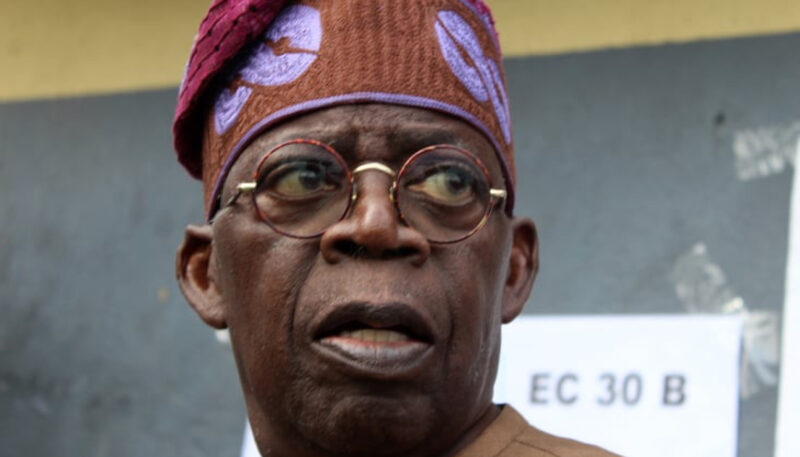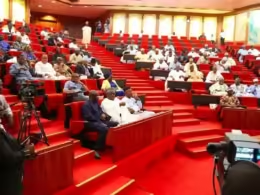A recent report by SBM Intelligence has revealed that at least 7,568 individuals were Kidnapped across Nigeria between July 2023 and July 2024, highlighting the worsening security crisis in the country.
The report underscores the growing complexity of the situation, with various armed groups and non-state actors taking advantage of the government’s weakened influence.
The report identifies several contributing factors to the security challenges, including the resurgence of Boko Haram in the Northeast, the activities of armed gangs in the Northcentral and Northwest, secessionist violence in the Southeast, and gang-related issues in the Southwest. Among these threats, kidnapping for ransom has become a prevalent issue, with the report documenting 1,130 kidnapping incidents during the period.
According to SBM Intelligence, kidnappers demanded a total of N10,995,090,000 (approximately $6,871,931) in ransom during this period, but only N1,048,110,000—just 9.5% of the amount demanded—was actually paid. This suggests that kidnappers have become less selective in their choice of victims. Zamfara, Kaduna, and Katsina were identified as the states with the highest number of kidnapping incidents and victims, with Zamfara recording 132 incidents and 1,639 victims, Kaduna 113 incidents with 1,113 victims, and Katsina 119 incidents with 887 victims.
The report also pointed out the rising lethality of kidnapping in Nigeria, noting that 1,056 people were killed in the 1,130 reported incidents, indicating that on average, one person is killed in every attempted abduction. Gombe recorded the lowest number of incidents with just one case, followed by Jigawa with two, Bayelsa with three, Kano with four, and Osun with six.
The Federal Capital Territory (FCT) had the highest ransom demands, with Lagos and Kaduna following closely behind. In terms of ransom payments and collections, the Southeast geopolitical zone led the country. Kidnappers have also continued to demand in-kind payments from victims’ families, such as food, drinks, and cigarettes in the South, and motorcycles in the North.
The report raises concerns about the trustworthiness of kidnappers, noting that more than four ransom bearers have been killed and three others abducted this year. This trend could make it increasingly difficult to find people willing to deliver ransoms on behalf of victims in the future.
Additionally, the report highlights 135 mass abduction incidents, each involving at least five victims, resulting in the kidnapping of 3,277 people and the deaths of 125 individuals.
Despite significant government spending on security, including the recent disclosure that President Bola Tinubu’s administration allocated N3.2 trillion to security in one year, insecurity remains a pressing issue in Nigeria. This ongoing crisis, exacerbated by economic challenges such as food scarcity and rising living costs, has led to growing frustration among Nigerians, who are increasingly questioning the effectiveness of the government’s security strategies and seeking long-term solutions to the country’s security problems.










Join our Channel...